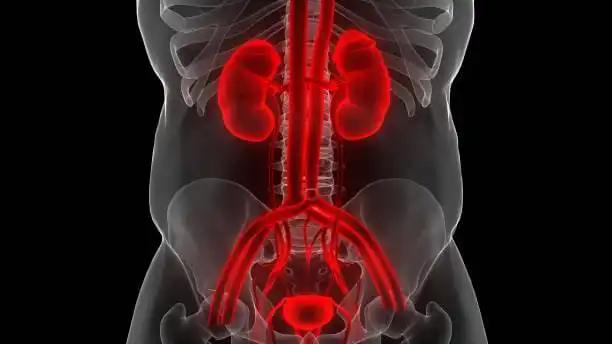KEY TAKEAWAYS
- PRESIDE was a Phase III, placebo-controlled, randomized, double-blind study.
- The study evaluated the efficacy of continuing enzalutamide treatment in patients with mCRPC even after advancement.
- The primary outcome measure was Progression Free Survival (PFS); the median PFS increased by 1.2 months in the enzalutamide arm as compared to the placebo arm.
- Enzalutamide proved to be clinically significant in delaying progression time when added to the docetaxel plus androgen deprivation therapy.
The Phase III PRESIDE study sought to assess the effectiveness of continuing enzalutamide in combination with docetaxel plus androgen deprivation therapy after the advancement of mCRPC. In period 1 (P1), eligible patients got 160 mg of oral, open-label enzalutamide daily. Patients were evaluated for either radiographic or PSA progression (25 percent or more rise and two ng/mL or more above nadir) at week 13.
Patients were screened and enrolled in period 2 (P2) if they had any PSA decline at week 13 and had progressed since (radiographic, PSA, or both). During P2, eligible patients received up to ten cycles of intravenous docetaxel 75 mg/m2 every three weeks and oral prednisolone 10 mg/day. They were randomly assigned (1:1) to receive oral enzalutamide 160 mg/day or oral placebo. Patient groups were divided based on how the illness was progressing. Treatment designation was concealed from participants, researchers, and study administrators.
Enzalutamide was administered open-label to 687 of the 688 patients who were recruited in P1. Enzalutamide (n = 136) or a placebo (n = 135) was randomly given to 271 patients in P2 at 73 locations.
Enzalutamide’s median progression-free survival was 9.5 months (95% CI 8.3-10.9) compared to the placebo’s 8.3 months (6.3-8.7) (hazard ratio 0.72 [95% CI 0.53-0.96]; p=0.027).
Neutropenia and asthenia were the most common Grade 3 and 4 treatment-emergent AEs. 52 (39%) of the 135 patients who received the placebo and 67 (49%) of the 136 patients who received enzalutamide reported experiencing serious treatment-emergent adverse events. Docetaxel was linked to two (15%) of the 13 septic shock and hematuria fatalities in the enzalutamide group and one (14%) of the seven deaths from acute kidney injury in the placebo group.
Data from the PRESIDE study supports the idea that enzalutamide maintenance could control persistent androgen-dependent clones in men with mCRPC that progresses after treatment with enzalutamide alone. It also demonstrated that continuing enzalutamide with docetaxel plus androgen deprivation therapy delayed time to progression compared to docetaxel plus androgen deprivation therapy alone.
Source:https://www.thelancet.com/journals/lanonc/article/PIIS1470-2045(22)00560-5/fulltext
Clinical Trial: https://clinicaltrials.gov/ct2/show/NCT02288247
Merseburger, A. S., Attard, G., Åström, L., Matveev, V. B., Bracarda, S., Esen, A., Feyerabend, S., Senkus, E., López-Brea Piqueras, M., Boysen, G., Gourgioti, G., Martins, K., & Chowdhury, S. (2022). Continuous enzalutamide after progression of metastatic castration-resistant prostate cancer treated with docetaxel (PRESIDE): an international, randomized, phase 3b study. The Lancet. Oncology, 23(11), 1398–1408. https://doi.org/10.1016/S1470-2045(22)00560-5



